program > main stage
Tania El Khoury
The Search for Power
Presented by The Invisible Dog Art Center, a co-production with the Fisher Center at Bard
photos: Elina Giounanli, Manuel Vason
an installation performance featuring the artist, the historian and the audience
On a night with a sudden electricity outage in their Beirut neighborhood, the artist and her historian husband discussed the history of power cuts in Lebanon. Born during the Lebanese Civil War, the artist had grown up with the understanding that the problem with electricity in Lebanon began during the war. The historian, however, recalled finding a government document dated 1952 that announced scheduled electricity outages across Beirut. The two decided to research the history of power outages in Lebanon, delving into the intersection between public utilities infrastructure, people’s relationship to the state, and various popular mobilizations to shape both. In time, they reach as far back as the introduction of electricity in Beirut before it was even possible to imagine a Lebanese state. In space, they collect documents across Lebanon and beyond its borders, visiting the archives of colonial powers: Belgium, France, the United Kingdom, and the United States. What they find is a transnational story that locates electricity at the intersection of colonial legacies, the machinations of political and economic elites, and everyday acts of resistance, survival, and sabotage. The Search for Power is a lecture and installation performance featuring the artist, the historian, and the audience.
The Search for Power can be experienced as a ticketed live performance or as an open installation without ticket or reservation. In the open installation, the audience is invited to listen through headphones to a pre-recorded text and explore the archive box in their own time.
SCHEDULE
Thursday, January 9:
Open Installation from 11am-4pm, Live Performance @ 7pm
Friday, January 10:
Open Installation from 11am-4pm, Live Performance @ 7pm
Saturday, January 11:
Open Installation from 10am-2pm, Live Performance @ 4pm, 7pm
Sunday, January 12:
Open Installation from 11am-4pm, Live Performance @ 7pm
Tuesday, January 14:
Open Installation from 11am-4pm
Wednesday, January 15:
Open Installation from 11am-4pm
Thursday, January 16:
Open Installation from 11am-4pm, Live Performance @ 7pm
Friday, January 17:
Open Installation from 11am-4pm, Live Performance @ 7pm
Saturday, January 18:
Open Installation from 10am-2pm, Live Performance @ 4pm, 7pm
Sunday, January 19:
Open Installation from 11am-4pm, Live Performance @ 7pm
Performance Run Time: 75 minutes
Open Installation Last Admission: 1 hour before closing
VENUE
The Invisible Dog Art Center
51 Bergen St,
Brooklyn, NY 11201
Access:
The entrance to the main gallery of the Invisible Dog is up a 3-inch step and through a 35 inch door. There is also a 7-foot-wide freight entrance that has no step. There is a doorbell to request ramp access or access through the freight entrance. The entrance to the garden is up and down three steps. Ramp access is available one door down between 1 and 7pm daily. Please note that Invisible Dog does not have ADA compliant toilets.
CREDITS
Creation: Tania El Khoury and Ziad Abu-Rish
Performance: Tania El Khoury, Ziad Abu-Rish, and Petra Abousleiman
Production Design: Petra Abousleiman
Research: Ziad Abu-Rish with support from Owain Lawson and Joelle Boutros
Graphic Design: Jana Traboulsi & Haitham Haddad
Sound Design: Ali Beidoun & Fadi Tabbal
Dramaturgy: Deborah Pearson
Production: RR Sigel
Technical Supervisor: Maciej Lewandowski
Co-commissioned by Anti Festival and Shubbak Festival. Supported by Arts Council England and brut Wien
ABOUT THE ARTISTS
Tania El Khoury is a live artist whose work focuses on audience interactivity and its political potential. She creates installations and performances in which the audience is a witness and an active collaborator. Tania’s work has been translated to multiple languages and shown in 32 countries across 6 continents in spaces ranging from museums to cable cars. She is the recipient of the Herb Alpert Award in the Arts, Soros Art Fellowship, the Bessies Outstanding Production Award, the International Live Art Prize, the Total Theatre Innovation Award, and the Arches Brick Award. Tania is Distinguished Artist in Residence of Theater & Performance and the Director of the OSUN Center for Human Rights & the Arts at Bard College in New York. She holds a PhD from Royal Holloway, University of London. She is associated with Forest Fringe collective of artists in the UK and is a co-founder of the urban research and live art collective, Dictaphone Group in Lebanon.
Ziad Abu-Rish is a scholar of the modern Middle East and North Africa (MENA) region. His research centers around state formation, economic development, and popular mobilizations, particularly in Lebanon and Jordan. He earned his PhD in History from the University of California Los Angeles, and his MA in Arab Studies from the Center for Contemporary Arab Studies at Georgetown University. Abu-Rish is coeditor of The Dawn of the Arab Uprisings: End of an Old Order? (2012), among other edited volumes. He is the author of several articles and chapters, including “Garbage Politics in Lebanon,” “Municipal Elections in Lebanon,” and “Lebanon Beyond Exceptionalism.” He serves as coeditor of Arab Studies Journal and Jadaliyya e-zine, and codirector of the Lebanese Dissertation Summer Institute. Abu-Rish is Associate Professor of Human Rights and Middle East Studies at Bard College, where he also directs the MA Program in Human Rights and the Arts.
CREATION + FUNDING
A Co-production with the Fisher Center at Bard.
Co-commissioned by Anti Festival and Shubbak Festival. Supported by Arts Council England and brut Wien.
Tania El Khoury is an artist in residence at the Fisher Center at Bard with lead support from the Mellon Foundation.
The Fisher Center develops, produces, and presents performing arts across disciplines through new productions and context-rich programs that challenge and inspire. As a premier professional performing arts center and a hub for research and education, the Fisher Center supports artists, students, and audiences in the development and examination of artistic ideas, offering perspectives from the past and present, as well as visions of the future. The Fisher Center demonstrates Bard’s commitment to the performing arts as a cultural and educational necessity. Home is the Fisher Center for the Performing Arts, designed by Frank Gehry and located on the Bard College campus in New York’s Hudson Valley. The Fisher Center offers outstanding programs to many communities, including the students and faculty of Bard College and audiences in the Hudson Valley, New York City, across the country, and around the world. Building on a 164-year history as a competitive and innovative undergraduate institution, Bard is committed to enriching culture, public life, and democratic discourse by training tomorrow’s thought leaders.








